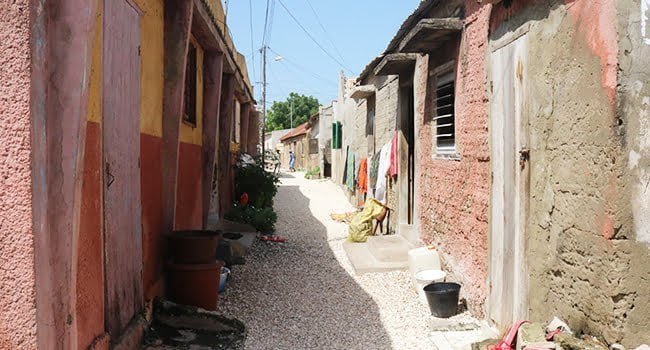Asia and Pacific
The CALP Network provides coordination, technical and policy support for organizations implementing or considering cash and voucher assistance in the Asia Pacific region. The CALP Network’s regional office is at Action Against Hunger in Manila, Philippines.
Contact the team
Featured content

Impossible Choices – questioning assumptions behind lock-down in low income and fragile contexts
Blog Post
“The COVID-19 pandemic will have devastating consequences on people’s livelihoods and employment, especially in post-fragile, crisis and post-crisis environments.” Global Humanitarian Response Plan: COVID-19 Over the last few weeks we’ve seen significant discussion on the CALP Network d-groups and elsewhere on what the COVID pandemic means for cash and voucher assistance (CVA). The...

CVA in COVID-19 Contexts: Guidance from the CALP Network
Guidelines and Tools
This is a summary of the key points from the many resources you shared on CVA and COVID through this document. This is a living document and we will continue to update this summary as new resources are added. The below is intended to help organisations understand and prepare for likely impacts of COVID-19 on their work, consider whether CVA is right for the contexts in which they operate and...

The CALP Network-Asia Pacific Regional Cash Working Group learning event report
Report
On 20-22 May, 27 cash working group (CWG) coordinators and regional technical focal points convened from Afghanistan, Fiji, Indonesia, Laos, Myanmar, Nepal, Pakistan, the Pacific region, the Philippines and Vietnam to share experiences and strengthen coordination between country, regional and global levels. The objectives of the event were to: 1) Share experiences and identify solutions around...
All Asia and Pacific content
0 – 0 of 0 results
No results found
There is no content available at this time.





